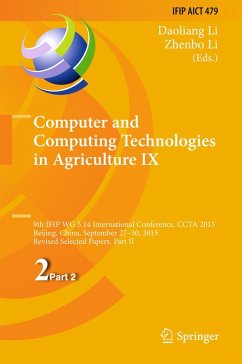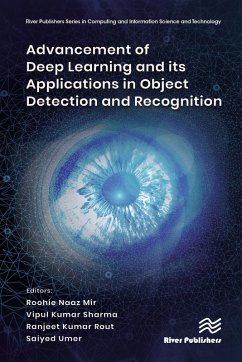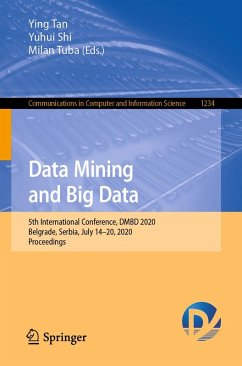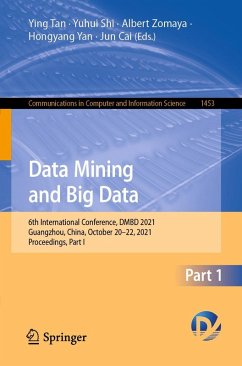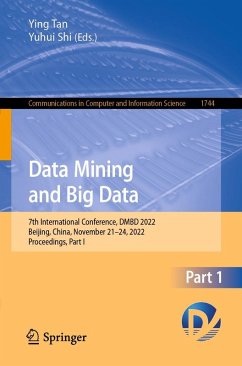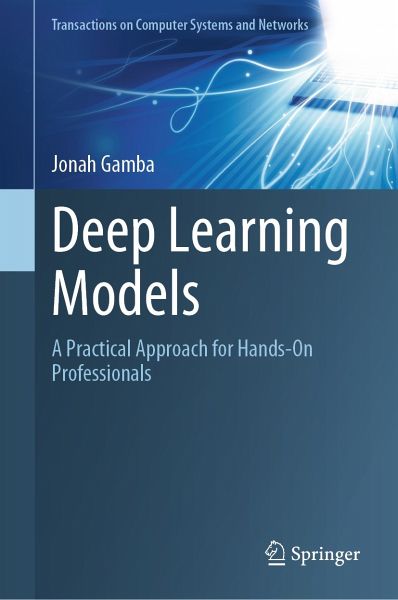
Deep Learning Models (eBook, PDF)
A Practical Approach for Hands-On Professionals
Versandkostenfrei!
Sofort per Download lieferbar
88,95 €
inkl. MwSt.
Weitere Ausgaben:

PAYBACK Punkte
44 °P sammeln!
This book focuses on and prioritizes a practical approach, minimizing theoretical concepts to deliver algorithms effectively. With deep learning emerging as a vibrant field of research and development in numerous industrial applications, there is a pressing need for accessible resources that provide comprehensive examples and quick guidance. Unfortunately, many existing books on the market tend to emphasize theoretical aspects, leaving newcomers scrambling for practical guidance. This book takes a different approach by focusing on practicality while keeping theoretical concepts to a necessary ...
This book focuses on and prioritizes a practical approach, minimizing theoretical concepts to deliver algorithms effectively. With deep learning emerging as a vibrant field of research and development in numerous industrial applications, there is a pressing need for accessible resources that provide comprehensive examples and quick guidance. Unfortunately, many existing books on the market tend to emphasize theoretical aspects, leaving newcomers scrambling for practical guidance. This book takes a different approach by focusing on practicality while keeping theoretical concepts to a necessary minimum. The book begins by laying a foundation of basic information on deep learning, gradually delving into the subject matter to explain and illustrate the limitations of existing algorithms. A dedicated chapter is allocated to evaluating the performance of multiple algorithms on specific datasets, highlighting techniques and strategies that can address real-world challenges when deep learning is employed. By consolidating all necessary information into a single resource, readers can bypass the hassle of scouring scattered online sources, gaining a one-stop solution to dive into deep learning for object detection and classification. To facilitate understanding, the book employs a rich array of illustrations, figures, tables, and code snippets. Comprehensive code examples are provided, empowering readers to grasp concepts quickly and develop practical solutions. The book covers essential methods and tools, ensuring a complete and comprehensive coverage that enables professionals to implement deep learning algorithms swiftly and effectively.
This book is designed to equip professionals with the necessary skills to thrive in the active field of deep learning, where it has the potential to revolutionize traditional problem-solving approaches. This book serves as a practical companion, enabling readers to grasp concepts swiftly and embark on building practical solutions.
This book is designed to equip professionals with the necessary skills to thrive in the active field of deep learning, where it has the potential to revolutionize traditional problem-solving approaches. This book serves as a practical companion, enabling readers to grasp concepts swiftly and embark on building practical solutions.
Dieser Download kann aus rechtlichen Gründen nur mit Rechnungsadresse in A, B, BG, CY, CZ, D, DK, EW, E, FIN, F, GR, HR, H, IRL, I, LT, L, LR, M, NL, PL, P, R, S, SLO, SK ausgeliefert werden.




